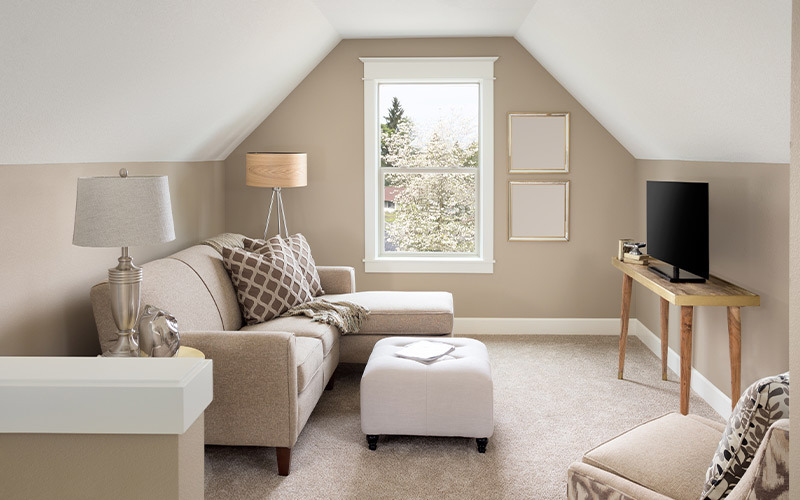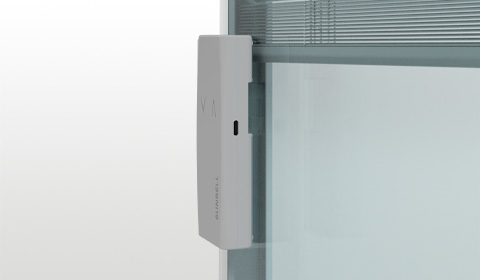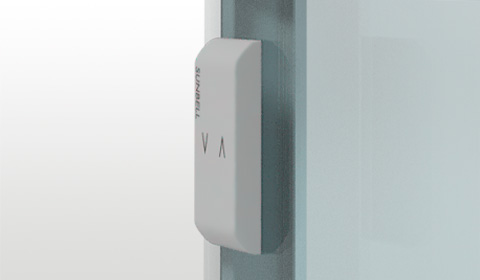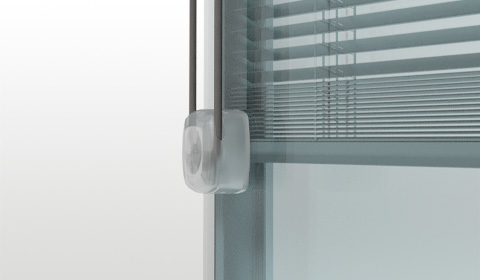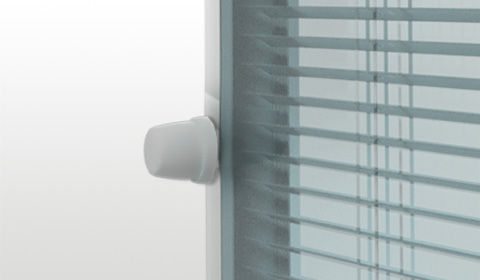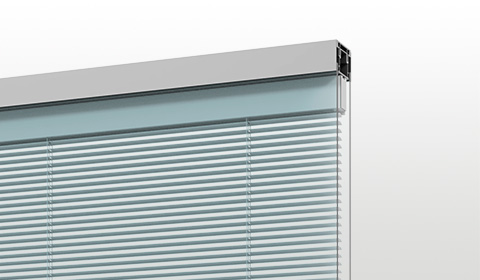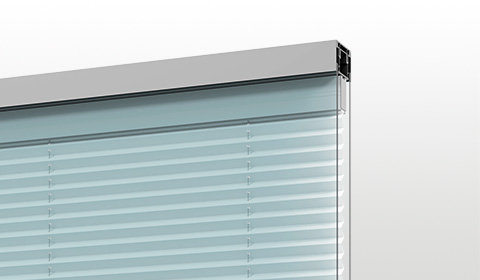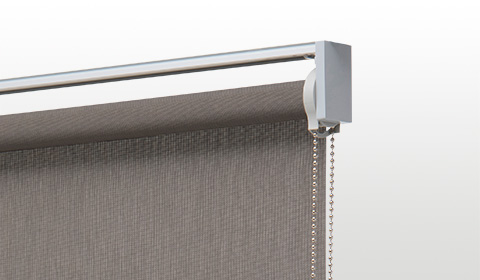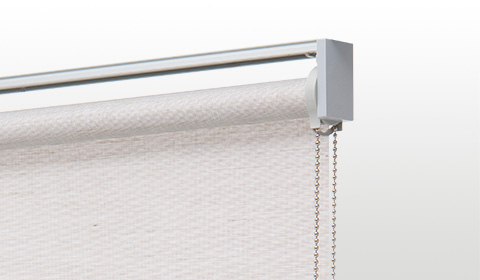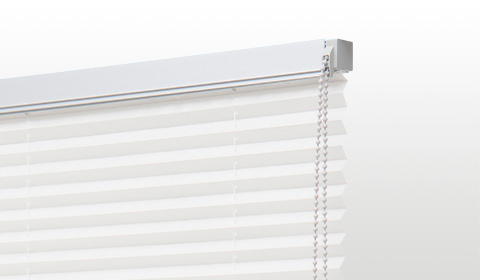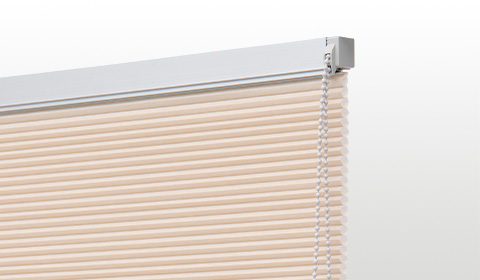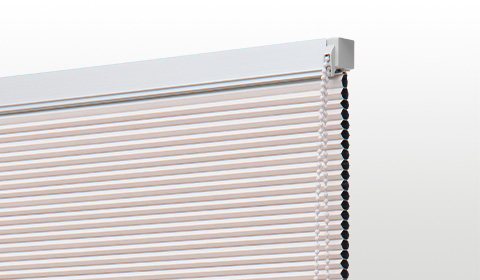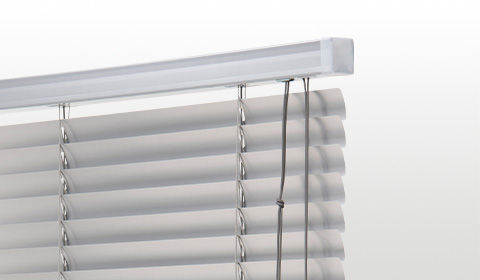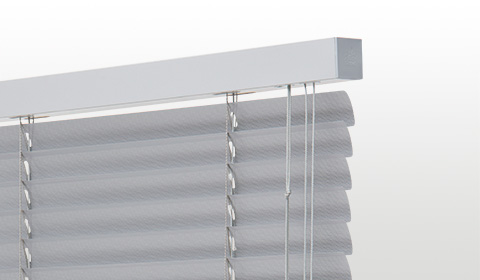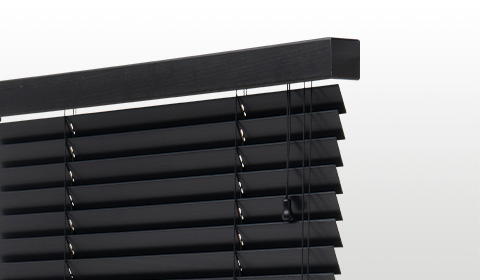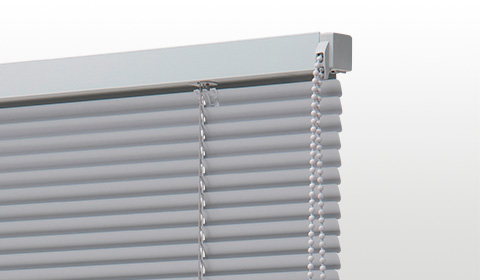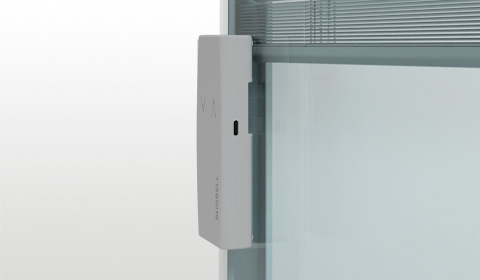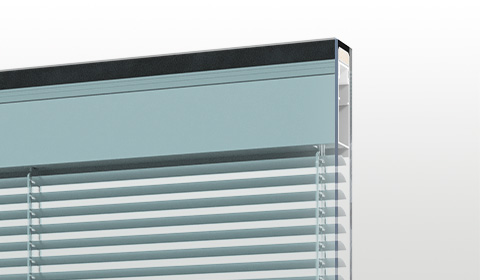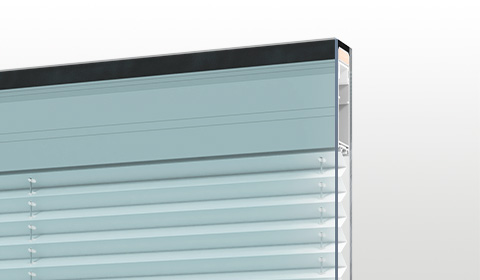Curtains and window blinds are essential furniture accessories for a home, as they serve many different purposes.
These are some of the benefits that they offer:
- radical transformation of the aesthetics of a room;
- a welcoming atmosphere and improved living comfort ;
- privacy;
- energy savings – as they help you maintain the heat inside your home during the winter but also help to keep it cool during the summer.
If your home has small windows, you can still dress them with a window treatment, but make sure you choose the right ones for your needs.
In this article, we will look at practical and attractive window treatment solutions for small windows.
Curtains and blinds for small windows: taking measurements
When choosing a new window treatment for your window, the first thing to do is to take measurements based on the solution you are thinking of.
This will help you understand if you have enough room for the installation or if it might be better to choose a different solution.
If you would like to hang curtains using a pole, you should consider adding 30 cm to the width of your window. This is because, when installed, the pole should be longer than the width of the window by about 15 cm on either side.
You should measure the length of the curtain from the top of the window to the floor, or less depending on your taste and needs.
You should also consider adding an additional 15 cm to this length, as you will need it to install the pole.
Another easy solution is roll-up blinds as you only need to know the size of your window frame to install them.
An even better solution are blinds for inside double glazing as they offer many benefits: high levels of cleanliness and hygiene, elegance and durability over time and fewer maintenance problems.
On top of that, blinds for double glazing are also available in motorised, automatic models, making them incredibly easy to use, beautiful and functional.
In this case, we would advise you to speak to a professional who specialises in these models and who will advise you on the best solutions for your needs.
Window treatments for small windows: traditional curtains, roll-ups and double-glazing blinds
In the previous section, we talked about taking measurements depending on the different types of solutions for small windows.
Now let’s think about the other details
1. Traditional curtains
Curtain poles are usually installed on the wall or ceiling, and you can choose from different colours and materials – even if we recommend you use light fabrics with small windows.
The biggest issue with traditional curtains is that they end up being pretty big, so they are often not very suitable for small windows. Because of this, they can also gather a lot of dust and become dirty over time.
2. Roll-up blinds
Roll-up blinds offer good levels of privacy, and they can feel modern and elegant.
They can be used with manual or automatic control systems, and come in a variety of fabrics and materials.
However, they can be tricky to wash, and you need to be aware that strong winds can affect them and, in some cases, even break them.
3. Double-glazing Venetian blinds
Innovative and functional, Venetian blinds for double glazing are characterised by their durability over time and their natural elegance.
They provide different levels of solar shielding and can be managed by automatic domotic systems.
The disadvantage of these solutions is the higher cost, and they also need a window capable of fitting them.
However, you could probably see the additional expense as a form of investment as this solution will help reduce your energy bills and improve the thermal insulation of your home.
Now that we have looked at the pros and cons of each model, let’s think about the best solution for different rooms.
Small windows: solutions for different rooms
When choosing the best window treatment for a small window, you should also consider the room where it will be installed because, as you know, different solutions bring different benefits to a space.
Let’s take a look at the most suitable solutions for different rooms.
Kitchen or basement
Lighting is very important in kitchens and basements and if you only have one small source of light, you should try to filter as much light as possible.
You will also need an easy solution to wash and care for your curtains or blinds, as they tend to get dirty easily in these rooms.
For this particular reason, we recommend you choose double-glazing blinds for these rooms, as they won’t get dirty and they will be protected from kitchen fumes and odours.
Bedrooms
Relaxation and comfort are quintessential in any room and you should find a solution that can create a relaxing atmosphere through its colours and materials.
It would be best to opt for a solution that can help you manage the light in the best possible way – darkening at night and filtering during the day.
By doing this, you will enjoy a good night’s sleep but also have a nice bright bedroom during the day.
You could go for darkening roll-up blinds or even traditional curtains, which can be a good option if the dimensions of the wall allow you to have them.
Also consider that the first option can be fitted with a remote control system that enables you to manage them from your bed.
Bathroom
The keywords for this room are hygiene and privacy. You will need as much light as possible in this room, so the choice of window treatment is very important.
Think about solutions that are easy to clean, practical for your privacy and manage light.
Even in this case, double-glazing blinds seem like a good option:
- they will stay clean for long as they remain sealed inside the double glazing
- they will last over time, as they are not exposed to external agents like steam
- they can be automatic, enabling them to be managed remotely.
In a room like a bathroom, a solution like double-glazing blinds will give you a full guarantee in terms of durability and hygiene.
Conclusions
We hope that our advice will be useful when finding blinds or curtains for small windows.
Remember also that it is always a good idea to contact a professional and ask for advice if you want to find the right balance between privacy, wellbeing, lighting and energy savings.

